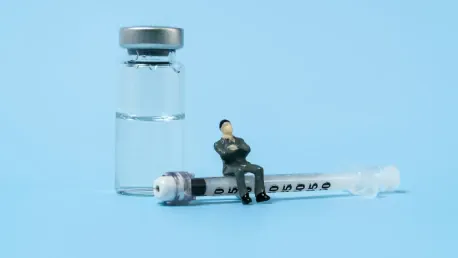
The rapid integration of artificial intelligence (AI) into healthcare settings across the United States presents significant opportunities and profound challenges. Legislative approaches to regulating AI in healthcare are diverse, reflecting the complex needs of balancing patient safety with

The dramatic rise in the global AI in precision medicine market projects an impressive 25-30% surge by 2029. This rapid growth stems from numerous factors: breakthroughs in AI technology, escalating demand for personalized healthcare, the proliferation of genomic data, supportive government

The recent bankruptcy announcement of 23andMe, a leading direct-to-consumer genetic testing company, has spurred significant discussions about the security and privacy of genetic data. As the company navigates financial turmoil and operational challenges, concerns mount over the future of the

The introduction of the National Health (Privacy) Rules 2025 marks a significant shift in the privacy settings governing the handling of Medicare Benefits Schedule (MBS) and Pharmaceutical Benefits Schedule (PBS) claims information by Australian Government agencies. Taking effect on April 1, 2025,

Ivan Kairatov is a Biopharma expert with extensive knowledge in technology and innovation within the industry and considerable experience in research and development. Today, we discuss the newly introduced Genomic Data Protection Act (GDPA) and its implications. Can you explain the main purpose of

The recent advancements in open-source AI models have sparked an engaging dialogue in the medical community about their potential to rival proprietary counterparts in diagnosing complex clinical cases. A National Institutes of Health (NIH)-funded study, led by researchers at Harvard Medical School,